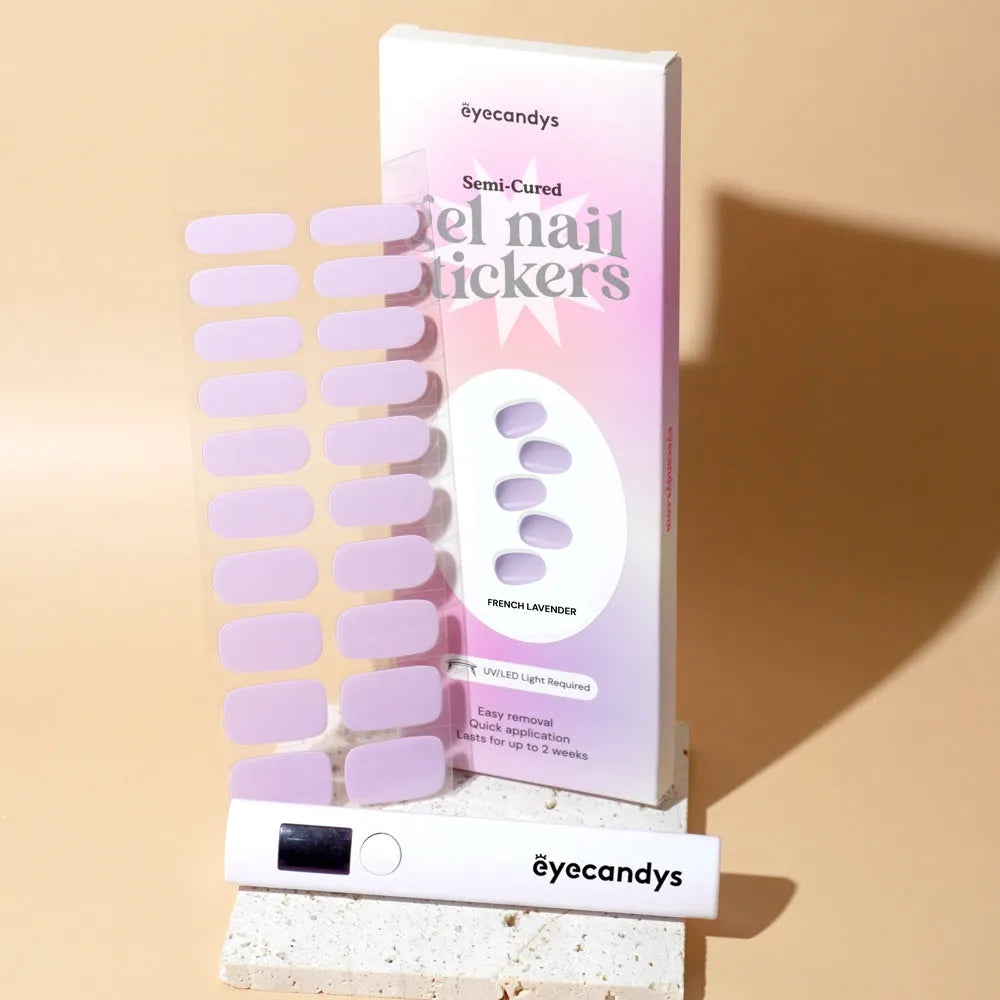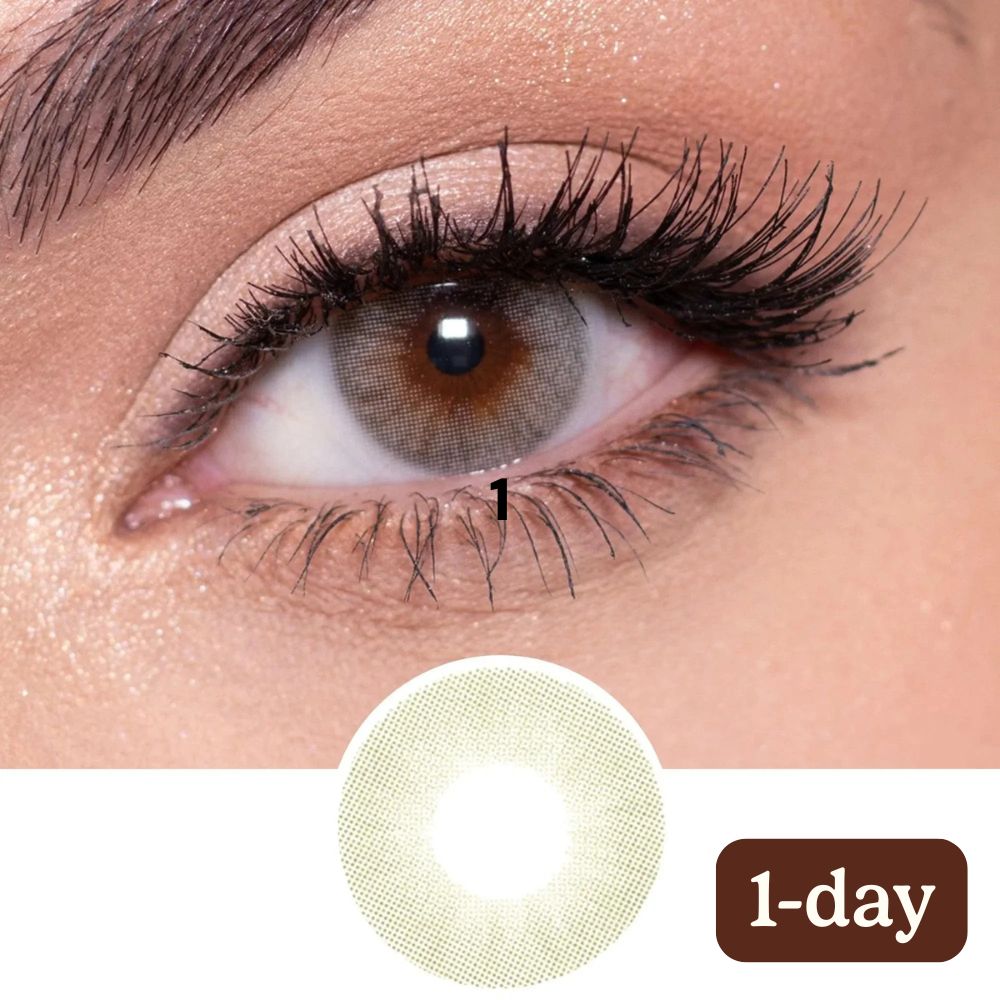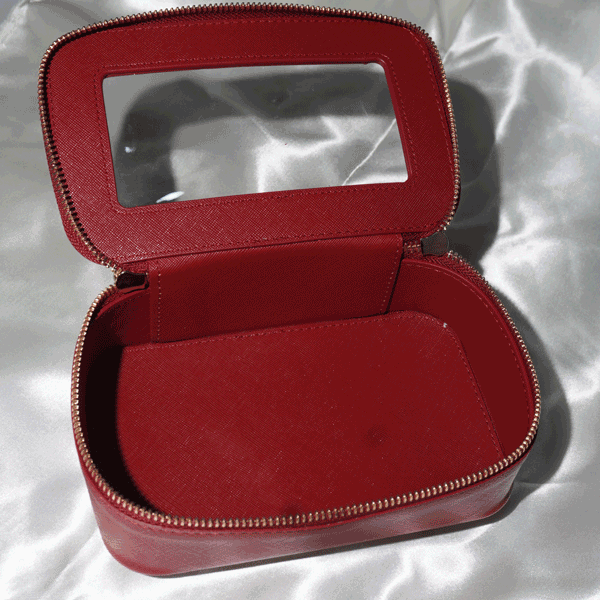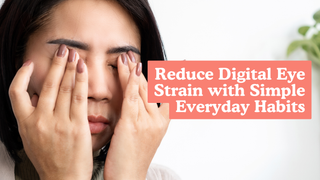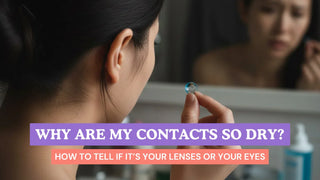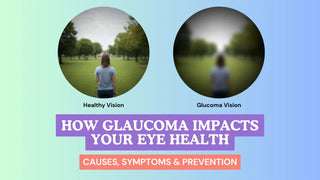Halloween is a time for transformation, and colored contacts can be the perfect finishing touch for your spooky or sensational costume. But before you stock up on those fiery red lenses or icy blue contacts, it's crucial to prioritize your eye health and safety. Here's what you need to know before buying colored contacts for Halloween:
Understanding Colored Contacts
Colored contacts aren't just a fun fashion accessory. The FDA classifies them as medical devices because they sit directly on your eye. Unlike decorative makeup that washes off, colored contacts come into contact with a delicate organ. There are also two main types:
-
Prescription colored contacts: These are specially fitted lenses that correct your vision and add color.
-
Non-prescription colored contacts: These one-size-fits-all lenses are not intended to correct vision and may not fit your eyes properly.
Risks of Non-Prescription Colored Contacts
The allure of cheap, non-prescription colored contacts can be tempting, but the risks are significant:
-
Improper Fit: Non-prescription contacts are not customized for your eye shape and size. This can lead to discomfort, irritation, and even corneal abrasions.
-
Low-Quality Materials: Cheaply made contacts may use harsh chemicals or lack proper oxygen permeability, potentially damaging your eye tissues.
-
Increased Risk of Infection: Poorly fitting or low-quality contacts can trap bacteria and increase your risk of developing eye infections, some of which can be sight-threatening.
The Importance of a Prescription:
Getting a prescription for colored contacts may seem like an extra step, but it's an essential one for protecting your eyes. During an eye exam, your doctor will:
-
Assess your overall eye health.
-
Measure your eyes to ensure a perfect fit for the contact lenses.
-
Discuss your desired color and vision correction needs (if applicable).
-
Prescribe the appropriate colored contact lenses that are safe and comfortable for your eyes.
Alternatives to Prescription Colored Contacts
If getting a prescription isn't an option, consider these alternatives for achieving your Halloween look:
-
Decorative Makeup: With a little creativity and skill, makeup can be surprisingly transformative. Experiment with colored eyeshadows, liners, and false eyelashes for a dramatic effect.
-
Costume Accessories: Glasses with colored lenses or costume eye patches can add a spooky or fantastical touch to your costume without requiring contact lenses.
Safe Use of Colored Contacts:
Even with a prescription, safe contact lens use is essential. Here are some key tips:
-
Purchase from Reputable Sources: Don't be tempted by cheap deals at costume shops or online vendors with questionable practices. Stick to reputable retailers like EyeCandys, which prioritize safety and quality.
-
Follow Care Instructions: Always clean and store your colored contacts according to the manufacturer's instructions and your eye doctor's recommendations.
-
Never Share Contacts: This can easily spread eye infections.
-
Schedule Regular Eye Exams: Maintain your eye health with regular checkups to ensure your prescription remains accurate and your eyes are healthy.
A little planning and prioritizing your eye health can ensure a safe and spooktacular Halloween. EyeCandys offers a wide variety of safe, high-quality colored contacts (with or without a prescription!) to complete your costume without compromise. Explore our Halloween collection or schedule an eye exam to discuss your options – your eyes will thank you!
Frequently Asked Questions about Halloween Colored Contacts
Q: Can I wear non-prescription colored contacts for just one night?
A: It's not recommended. Even short-term wear of non-prescription contacts can pose risks to your eye health.
Q: What happens if I experience discomfort while wearing colored contacts?
A: Remove the lenses immediately and consult your eye doctor. Discomfort can be a sign of improper fit or an eye infection.
Q: How long do colored contacts typically last?
A: Colored contacts come in various durations, from daily disposables to extended wear lenses. Discuss the best option with your eye doctor based on your needs and preferences.

